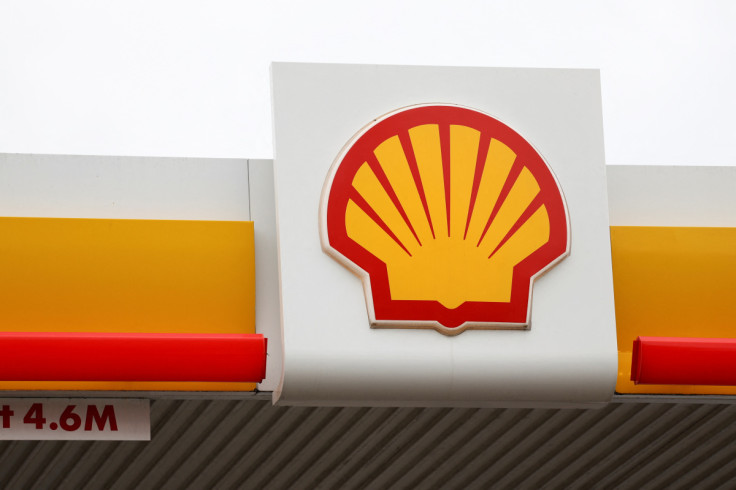
Oil and gas giant Shell reported a dip in profits below the record highs of 2022, totalling $28.25 billion (£22.32 billion) in 2023 as energy prices remained elevated.
The company's shift towards trading more in liquefied natural gas (LNG) and increased production offset reduced earnings from refining and oil trading, along with higher operating costs.
In 2022, Shell recorded record profits of $39.9 billion (£32.2 billion) following oil and gas price spikes triggered by Russia's invasion of Ukraine.
Despite a decline of more than $10 billion from the previous year, the 2023 profits still exceeded those of recent years, nearly doubling the pre-pandemic 2019 figures at $16.5 billion (£12.7 billion). The profits also approached the company's previous record of $31 billion reported in 2008.
Energy costs remained higher than pre-war levels in Ukraine, with the benchmark Brent crude barrel reaching $90 multiple times throughout 2023. Despite falling profits, Shell shareholders are set for a 4 per cent increase in dividends, and the company announced a share buyback of $3.5 billion (£2.7 billion).
The gas segment emerged as the most significant contributor to profits in Shell's annual figures. Additionally, the oil division performed well due to higher production compared to the previous quarter. Despite the declines, Shell stated it was returning $3.5 billion to shareholders and increasing its fourth-quarter dividend.
Shell's Chief Executive, Wael Sawan, highlighted the company's commitment to simplifying its organisation and delivering more value with fewer emissions as it enters 2024.
He stated: "As we enter 2024, we are continuing to simplify our organisation with a focus on delivering more value with lesser emissions."
In June last year, Shell abandoned its target of cutting oil production each year for the rest of the decade. The International Energy Agency highlighted that no new fossil fuel project aligns with the globally accepted goal of limiting warming to 1.5°C. Shell acknowledged a reduction in oil production from 1.9 million barrels of oil equivalent per day in 2019 to 1.5 million in 2022.
The company sold its sites in the US Permian basin to ConocoPhillips two years ago, offloading a little under 200,000 barrels of daily production.
Despite the shift in production strategy, Shell maintained its commitment to reducing oil production by 2030. Wael Sawan affirmed: "Our target of a reduction in oil production by 2030 has not changed. We've just met it eight years early."
Shell accentuated its dedication to decarbonising its operations, henceforth reiterating the goal of becoming a net-zero emissions energy business by 2050.
Sawan stated: "We are investing to provide the secure energy customers need today and for a long time to come while transforming Shell to win in a low-carbon future."
Sawan plans to update the company's strategy for transitioning to cleaner fuels in March. He assured clarity on the areas Shell will continue to pursue, without introducing a slew of new targets. However, environmentalists remained sceptical.
"What you should expect coming in March is real clarity on what are the areas that we will continue to go forward with, not a whole bunch of new targets," Sawan told a conference call listened to by analysts and media.
Greenpeace activists, dressed as Shell board members, protested outside the company's London headquarters. Maja Darlington, a Greenpeace campaigner, criticised Shell for posting "obscene profits from climate-wrecking fossil fuels" and prioritising shareholders over addressing the climate crisis.
"While customers struggle with the cost-of-living crisis, Shell shovels over billions to shareholders and drills for yet more oil and gas. Climate disasters are multiplying and hitting hardest those who have done the least to cause the crisis."
In January 2023, Greenpeace activists boarded the Shell vessel, White Marlin, which was transporting an oil and gas platform to the Penguins oilfield in the North Sea. The activists, including Imogen Michel, occupied the vessel for 13 days, delivering a message to "Stop Drilling. Start Paying".
In response, Shell filed a $2.1-million lawsuit against Greenpeace in November to recover costs.







